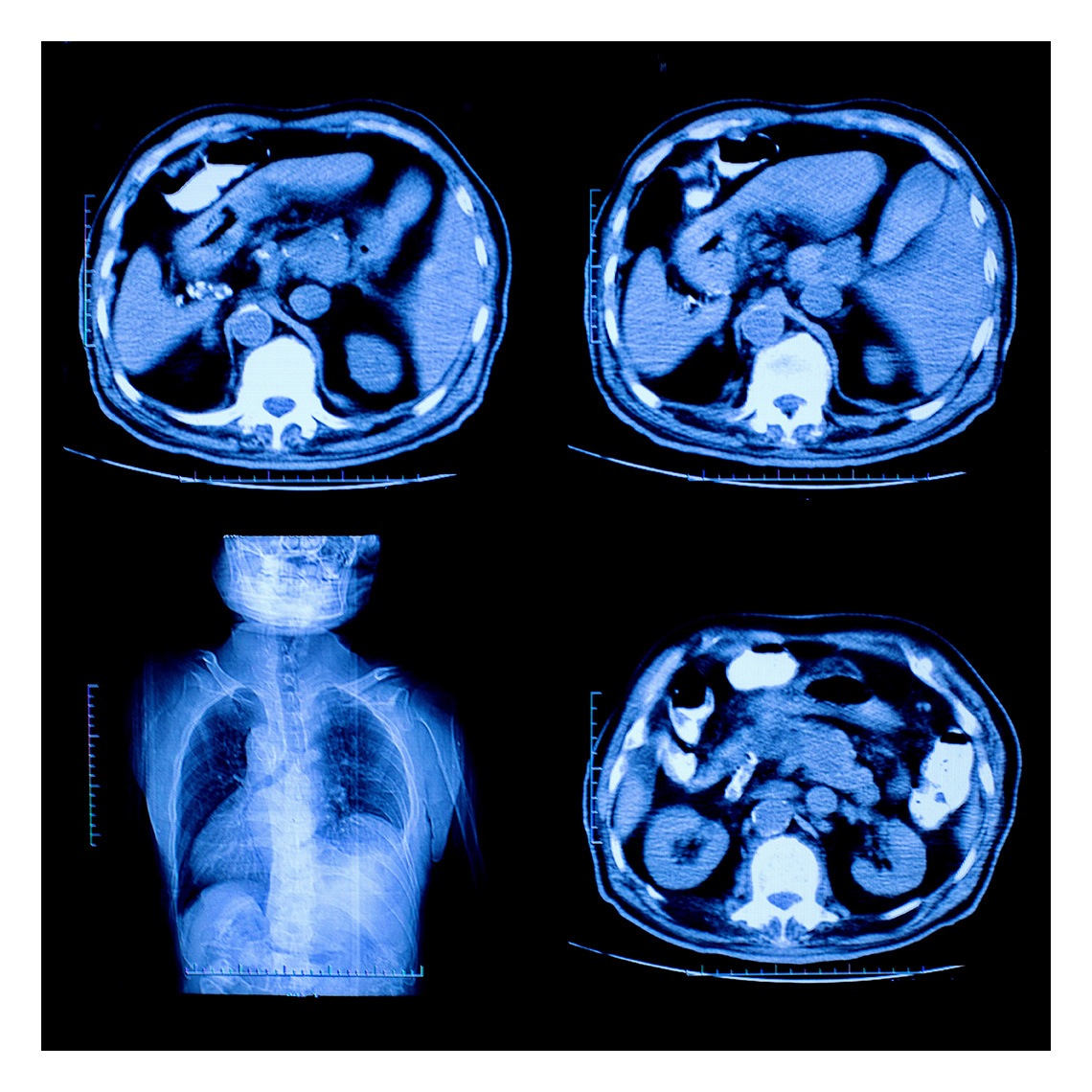Newsletter
In the Name of Respect
May 26, 2021
While 60 percent of all MPL cases involve medium- or low-severity injuries, that climbs to 75% when the cases cite poor rapport between the patient and provider as a contributing factor. According to CRICO’s national Comparative Benchmarking System, those “poor rapport” cases stemming from a relatively minor and temporary injury, or non-physical distress, average $61,000 in total incurred losses (plus expenses).
Poor rapport (which includes an unsympathetic response to the patient’s concerns) is unlikely to, by itself, lead to an allegation of medical malpractice, but it can exacerbate the volatile aftermath of an adverse event or misunderstood outcome of care. On the other hand, clinicians who have strong rapport with their patients are likely to be in a better position following a near miss or adverse event than those who lack that personal connection. Mutual respect provides a well-grounded platform from which to address what went wrong and why without a notion of distrust.
While building a respectful patient-provider relationship takes time, first impressions can have an outsized impact on both provider and patient. A key aspect of first impressions is pronouncing each other’s name correctly, understanding the proper honorific, and using each other’s preferred pronouns.
While most people are tolerant of missteps in how they are initially addressed, continued gaffes after a polite correction may be seen as indifferent or rude. A provider who finds a patient’s behavior rude may be less empathetic; a patient who feels slighted by how they are addressed may apply that impression to other aspects of a clinician’s performance. As the exploration of economic, racial, and gender inequities in health care exposes more areas of transgression, you may encounter patients who perceive a repeatedly mispronounced name or persistent use of an undesirable pronoun as a microaggression or an outright affront.
Unchecked, such feelings can impact patient safety. Being mindful of how your patients wish to be addressed (and how they address you) can be an important step towards a positive and long-lasting patient-provider relationship.
Additional Materials
- Why Pronouncing Names Correctly Is More Than Common Courtesy [NPR]
- Affirming Transgender Youths’ Names and Pronouns in the Electronic Medical Record [JAMA Pediatrics]
- Evolving Sex and Gender in Electronic Health Records [Federal Practitioner]
- Say My Name | Why Pronouncing Names Correctly is Important [Idealist]
Latest News from CRICO
Utilization of Electronic Health Record Sex and Gender Demographic Fields: A Metadata and Mixed Methods Analysis


The Safety of Outpatient Health Care
Characterizing Malpractice Cases Involving Emergency Department Advanced Practice Providers, Physicians in Training, and Attending Physicians

